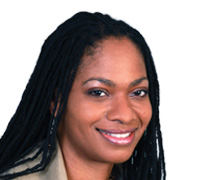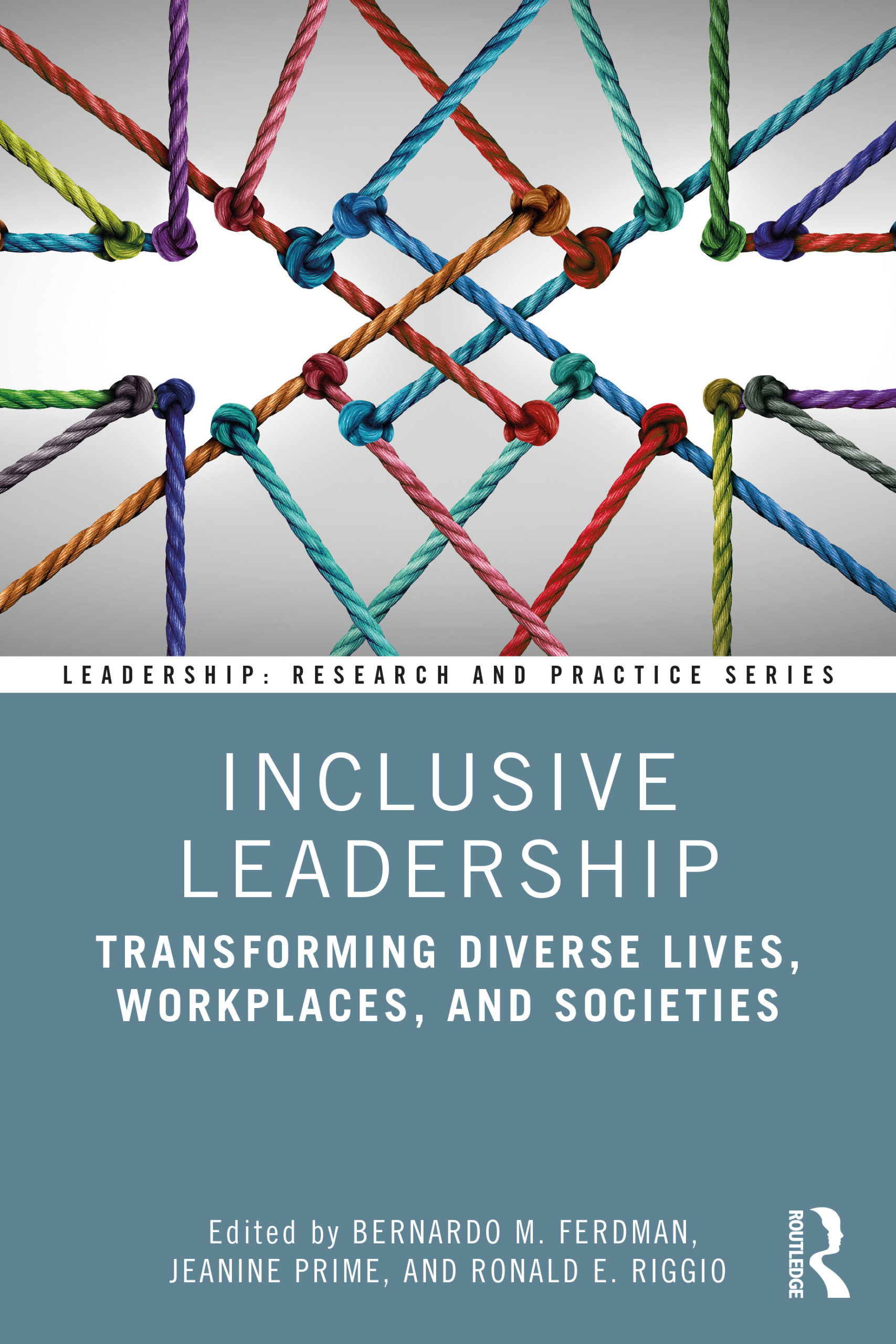About The Book
In a time of increasing divisiveness in politics and society, there is a desperate need for leaders to bring people together and leverage the power of diversity and inclusion. Inclusive Leadership: Transforming Diverse Lives, Workplaces, and Societies provides leaders with guidance and hands-on strategies for fostering inclusion and explains how and why it matters.
Inclusive Leadership explores cutting-edge theory, research, practice, and experience on the pivotal role of leadership in promoting inclusion in diverse teams, organizations, and societies. Chapters are authored by leading scholars and practitioners in the fields of leadership, diversity, and inclusion. The book is solidly grounded in research on inclusive leadership development, diversity management, team effectiveness, organizational development, and intergroup relations. Alongside the exhaustive scholarship are practical suggestions for making teams, groups, organizations, and the larger society more inclusive and, ultimately, more productive.
Leaders and managers at all levels, HR professionals, and members of diverse teams will find Inclusive Leadership invaluable in becoming more effective at cultivating inclusive climates and realizing its many benefits—including innovation, enhanced team and organizational performance, and social justice.
“Inclusive leadership—leadership that promotes and facilitates experiences of inclusion for all, across multiple identities, and that supports the development of workgroups, organizations, communities, and even whole societies where diversity is a source of collective advantage; where ideas, contributions, and direction can come from all types of people; and where equity and social justice are focal goals—is clearly needed, not only now but for a future in which collective survival and vitality will require innovation, talent, and engagement from all people, not just from those traditionally in positions of power or privilege or those who have historically been in the ‘in-group.’
Inclusive leadership requires … transforming our mindsets, behavior, and collective practices, values, and norms so as to more fully engage and mutually benefit from our many differences.”
Authors
Chapters
Pages
What’s inside
Part 1. From Exclusion to Inclusion: The Challenges of Inclusive Leadership
1. Inclusive Leadership: The Fulcrum of Inclusion
Bernardo M. Ferdman
2. Exclusion of Inclusion in Leadership Theories
Nurcan Ensari and Ronald E. Riggio
3. Stigmatization, Subordination, or Marginalization?: The Complexity of Social Disadvantage Across Gender and Race
Robert W. Livingston and Ashleigh Shelby Rosette
4. Why Diversity Needs Inclusion and How Leaders Make it Happen
Stefanie K. Johnson and Brittany Lambert
5. The Problem of Inclusion from a Multicultural Perspective
Edgar H. Schein and Peter A. Schein
Part 2. Leadership Practices for Fostering and Benefiting from Inclusive Interpersonal and Team Dynamics
6. Inclusive Leadership in Complex Times: Leading with Vulnerability and Integrity
Ilene C. Wasserman
7. Inclusive Leadership Practices: The Power of Microbehaviors
Doyin Atewologun and Charlotte Harman
8. Inclusive Leadership from the Inside Out
Tara Van Bommel, Emily Shaffer, Dnika J. Travis, and Heather Foust-Cummings
9. Embracing the Weird: Developing Inclusive Leadership Competency by Leveraging Uniqueness
Martin N. Davidson
10. Boundary-Spanning Leadership: Strategies to Create a More Inclusive and Effective Network
Donna Chrobot-Mason and Nicholas P. Aramovich
11. A Leader’s Guide to Fostering Inclusion by Creating a Positive Diversity Climate
David J. G. Dwertmann and Hans van Dijk
12. Inclusive Leadership: Leaders as Architects of Inclusive Workgroup Climates
Lisa H. Nishii and Hannes L. Leroy
13. Team Inclusion Over Time: The Case for Early Intervention
Lynn R. Offerman and Lauren A. Lanzo
Part 3: Leadership Practices for Building Inclusive Organizations
14. Responsible Inclusive Leadership: A Whole System Collective Process Outcome
Lize A. E. Booysen
15. Diversity Workspaces: Pathways for Cultivating Inclusion in Diverse Organizations
Stephanie J. Creary
16. Engaging in Bold, Inclusive Conversations: A Developmental Approach
Mary-Frances Winters
17. Inclusive Leadership: Driving Multilevel Organizational Change
Aarti Shyamsunder
18. Peak Moments of Inclusion Among Brothers and Sisters in Arms
J. Goosby Smith
Part 4: Leadership Practices for Fostering Inclusive Societies
19. Inclusion in a Multicultural Society
Nancy DiTomaso
20. Leadership Excellence in a Pluralistic Society: The Role of Identity and Inclusive Leadership
Daryl G. Smith
21. Inclusive Leadership: Essential to Reviving Civil Discourse in a Healthy Democracy
Carolyn J. Lukensmeyer and Lars Hasselblad Torres
22. The Practice of Inclusive Leadership in Disruptive and Polarizing Times
Effenus Henderson
Part 5: Approaches and Resources for Developing Inclusive Leadership
e23. Accelerating the Development of Inclusive Leadership in Global Materials Organization
Judith H. Katz, Frederick A. Miller, and Monica E. Biggs
24. Developing Inclusive Ethical Leaders: An Experiential Service-Learning Approach to Leadership Development Among Millennials
Audrey Murrell, Ray Jones, and Jennifer Petrie-Wyman
25. The Role of White Male Culture in Engaging White Men to be Inclusive Leaders
Michael Welp and Edgar H. Schein
26. Navigating Inclusion as a Leader: Lessons from the Field
Bernadette Dillon and Sandy Caspi Sable
27. Inspiring Inclusion with the Appreciative Leadership Lotus Model
Tanya Cruz Teller
28. How to Develop and Support Leadership that Contributes to a More Equitable, Diverse, and Inclusive Society
Leadership Learning Community Collaboration (Deborah Meehan, lead)
Part 6: Reflections and Conclusion
29. Inclusive Leadership: Insights and Implications
Jeanine Prime, Bernardo M. Ferdman, and Ronald E. Riggio
Praise for
Inclusive Leadership
ABOUT THE EDITORS
 Bernardo M. Ferdman has worked with leaders and organizations for over three decades to bring inclusion to life. He is an award-winning scholar-practitioner and consultant, distinguished professor emeritus of organizational psychology, and Fellow of SIOP, SCP, APA, and other groups. He has published and presented extensively on inclusion, diversity, and related topics.
Bernardo M. Ferdman has worked with leaders and organizations for over three decades to bring inclusion to life. He is an award-winning scholar-practitioner and consultant, distinguished professor emeritus of organizational psychology, and Fellow of SIOP, SCP, APA, and other groups. He has published and presented extensively on inclusion, diversity, and related topics.
 Jeanine Prime is a researcher and advisor who has worked with corporate clients to create inclusive workplaces for over twenty years. She has held research leadership roles at Catalyst and more recently at Gartner. Her expertise includes stereotyping, implicit bias, change management and inclusive leadership.
Jeanine Prime is a researcher and advisor who has worked with corporate clients to create inclusive workplaces for over twenty years. She has held research leadership roles at Catalyst and more recently at Gartner. Her expertise includes stereotyping, implicit bias, change management and inclusive leadership.
 Ronald E. Riggio is the Henry R. Kravis Professor of Leadership and Organizational Psychology at Claremont McKenna College. A social/personality psychologist and leadership scholar, he has published over a dozen authored or edited books and more than 150 articles/book chapters. His research interests are in leadership, team processes, and organizational communication.
Ronald E. Riggio is the Henry R. Kravis Professor of Leadership and Organizational Psychology at Claremont McKenna College. A social/personality psychologist and leadership scholar, he has published over a dozen authored or edited books and more than 150 articles/book chapters. His research interests are in leadership, team processes, and organizational communication.
